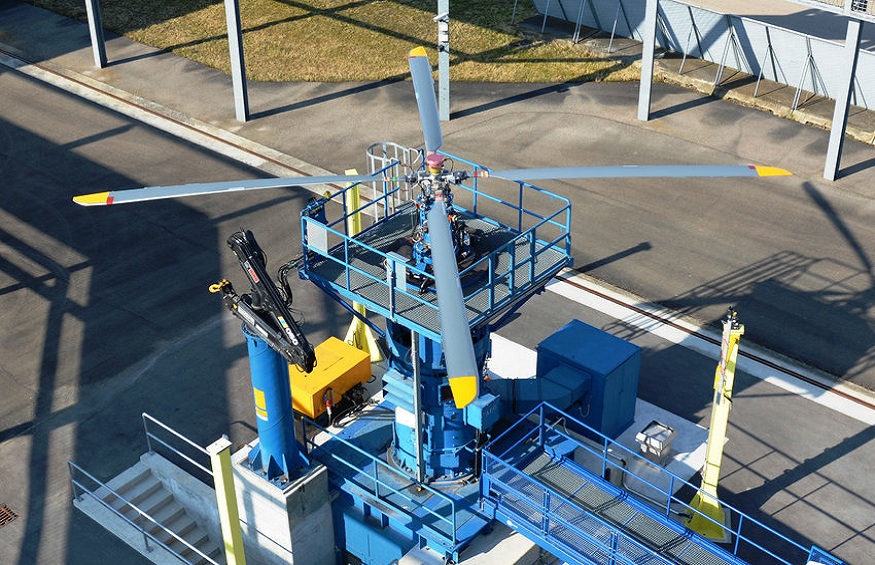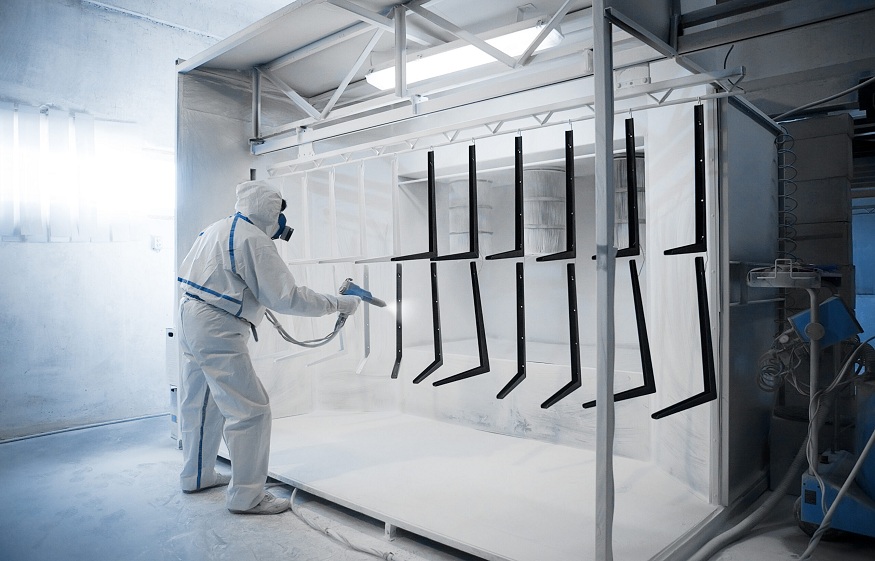
The Future of Structural Design Harnessing the Power of Modular Aluminum Framing
Innovations in structural design have revolutionized the construction industry, and one such advancement that holds great promise is the use of modular aluminum framing systems. This cutting-edge technology offers numerous benefits, from enhanced flexibility and sustainability to improved efficiency and cost-effectiveness. In this blog post, we will explore the exciting potential of modular aluminum framing and its role in shaping the future of structural design.
Unleashing Design Possibilities: Redefining Creativity with Modular Aluminum Framing
Modular aluminum framing systems provide architects and designers with unparalleled freedom to push the boundaries of their imagination. The lightweight yet durable nature of aluminum allows for intricate and complex designs that were once challenging to achieve with traditional construction materials. With the ability to easily connect and rearrange modular components, structures can be tailored to meet specific project requirements, enabling the creation of stunning architectural masterpieces that seamlessly blend form and function.
Sustainable Solutions: Embracing Environmental Responsibility
As sustainability becomes increasingly important, modular aluminum framing offers a compelling solution for environmentally conscious construction. Aluminum is a highly recyclable material, and the use of modular systems reduces waste generated during construction and allows for easy disassembly and reconfiguration of structures. Additionally, the lightweight nature of aluminum reduces transportation costs and energy consumption. By embracing modular aluminum framing, architects and builders can contribute to a greener future while ensuring long-term durability and resilience.
Accelerating Construction Processes: Enhancing Efficiency and Cost-effectiveness
Time and cost are crucial factors in any construction project. Modular aluminum framing systems have the potential to significantly streamline the construction process, reducing both time and expenses. The prefabricated nature of modular components allows for efficient off-site fabrication, minimizing on-site labor requirements and accelerating project timelines. Moreover, the lightweight nature of aluminum simplifies transportation logistics, leading to lower shipping costs and increased construction speed. These advantages make modular aluminum framing a cost-effective choice for both large-scale commercial projects and residential constructions.
Structural Integrity and Safety: Reinforcing Strength through Aluminum Framing
While aluminum is renowned for its lightweight properties, it also offers exceptional strength and durability. Modular aluminum framing systems are engineered to meet rigorous structural requirements, ensuring the safety and stability of constructed buildings. These systems are designed to withstand various environmental conditions, including high winds and seismic activity. The flexibility of modular aluminum framing allows for the creation of robust structures capable of adapting to dynamic loads, ensuring the longevity and integrity of the built environment.
Integration with Smart Technologies: Building for the Digital Era
The future of structural design lies in the seamless integration of intelligent technologies. Modular aluminum framing systems can easily accommodate the integration of smart building solutions, such as sensors, automation, and energy management systems. This integration enables enhanced monitoring, control, and optimization of building performance, improving energy efficiency, occupant comfort, and overall functionality. By embracing modular aluminum framing, designers can build structures that are future-ready and align with the growing demand for smart and sustainable buildings.
Versatility in Application: From Skyscrapers to Residential Homes
Modular aluminum framing systems find applications in a wide range of construction projects, from towering skyscrapers to cozy residential homes. The adaptability and versatility of modular components allow for seamless integration into various architectural styles and building types. Whether it’s a sleek and modern office complex or a modular housing development, the flexibility of aluminum framing provides endless possibilities for creating functional, aesthetic, and adaptable spaces.
Conclusion
The future of structural design is undoubtedly being shaped by the remarkable potential of modular aluminum framing systems. From unlocking design possibilities and promoting sustainability to enhancing efficiency and safety, this innovative technology offers a multitude of advantages. As the construction industry continues to evolve, embracing modular aluminum framing will be instrumental in creating structures that are not only visually stunning but also environmentally responsible, economically viable, and technologically advanced. With its limitless potential, modular aluminum framing is poised to revolutionize the way we build and design the world around us.


